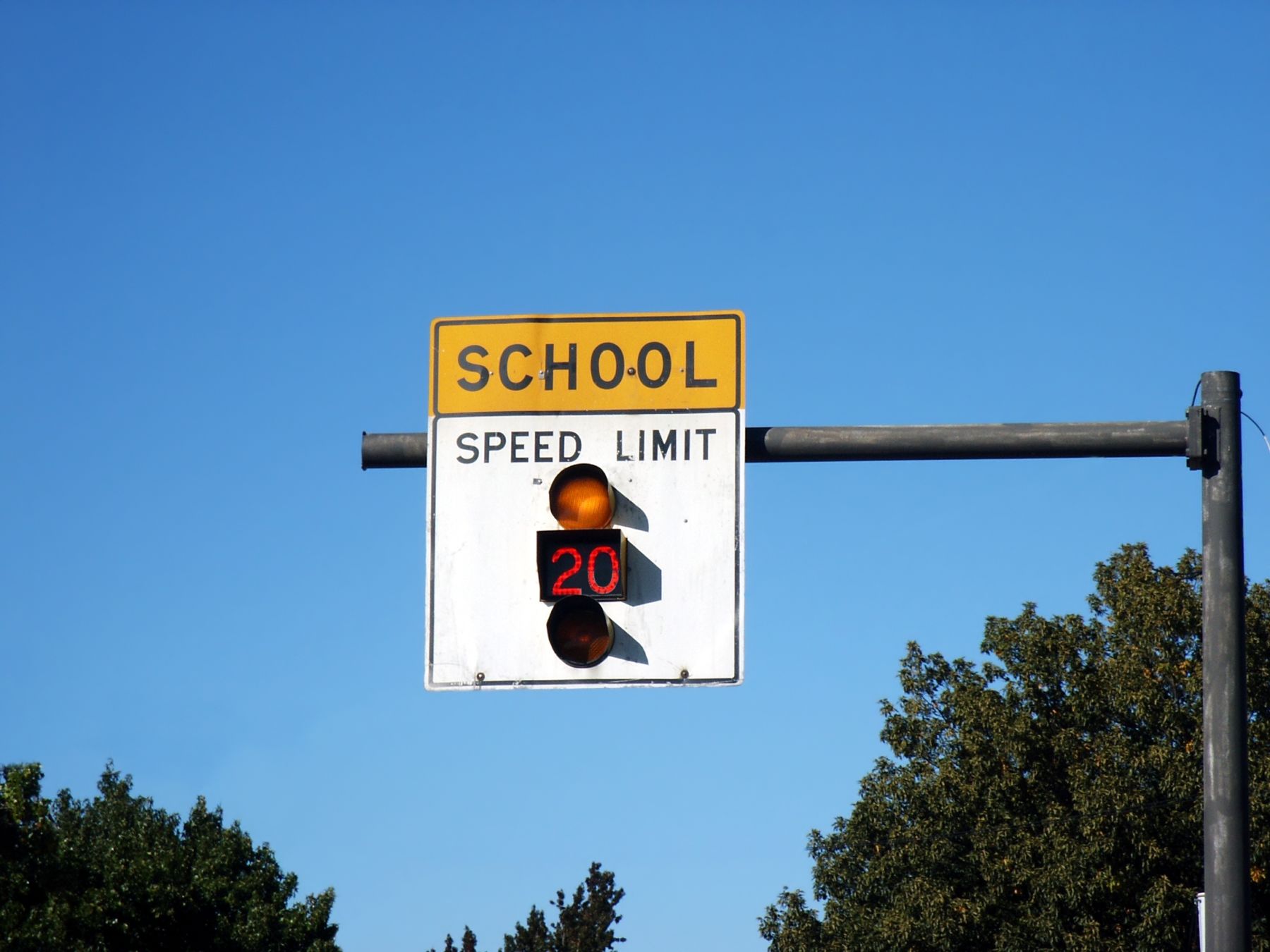It is no secret that the state of the economy at any given moment affects property values, but this is not the only factor. The value of your house might be influenced by nearby foreclosures, municipal planning department goals, and even the lifestyle of your neighbors.
Schools are another option. Are you aware that the value of your house is directly impacted by the caliber of the neighborhood school system?
The asking price of your property will depend on the local schools, and whether or not you have kids. How? Read on.
The home’s potential resale value is a major factor to consider when buying a home
A home’s current market value is determined by what an interested buyer is willing to pay for it. Consider all of the “willing” consumers who have children. These consumers conduct their research and choose to live in an “excellent” school district. Is it possible to blame them?
When a sufficient number of these parents pay extra to settle in an excellent school district in your town, expect prices to rise in some regions while remaining static or falling in others. If your house is among the “others,” you did not complete your research before purchasing.
That is understandable. Most Americans do not regard their home as the significant financial investment it really is. Yes, it’s understandable. Wise? No.
Please include the phrase “resale value” on your wish list of what you desire in a home.

Do you require proof?
Several studies have shown that a decent school district has a beneficial impact on valuation. Homes near schools with four or five stars on schooldigger.com kept their value better throughout the Great Recession, according to one 2009 study undertaken by Ken Corsini at the Georgia Institute of Technology.
David Figlio, a Northwestern University professor of education, social policy, and economics, discovered that in Florida, residences near schools with an “A” rating gain $60,000 more in value than those near schools with a “B” grade.
This premium disparity is also noticeable in Washington state’s award-winning Bellevue school system. Homes in that district are valued roughly 25% greater than those in neighboring areas.
Customers agree
According to the National Association of REALTORS® research, “55 percent of purchasers with children under the age of 18 stated the quality of the school systems is an essential factor when acquiring a property.”
According to a previous study, roughly one-fourth of purchasers were willing to spend 5 percent more than their house purchase allowance for a home in a high-rated school district.
What makes a school district “good”?
Test scores are among the most common predictors of school quality. GreatSchools.org, for example, bases its evaluations mainly on test scores.
Despite criticism, US News & World Report’s yearly high school rankings are based on three criteria:
- Test results imposed by the state
- How well the school educates minority and low-income children
- International Baccalaureate and Advanced Placement exam participation and performance
Furthermore, an older study funded by the Andrew W. Mellon Foundation indicates that “mean test scores are highly connected to property values.”
What is the value of a good school district?
The only area where experts seem to disagree is determining a cash value for homes in high-performing school districts. According to some analysts, properties in high-performing school districts are worth $20,000 more than comparable homes in low-performing districts.
According to a Brookings Institution analysis, residences in high-scoring educational institutions are worth $225,000 or more than those in low-scoring school districts.
According to Figlio, homes in top districts command a 30 percent value over homes in other districts. The good news is that the premium remains constant regardless of the state of the housing market, whether it is rising or dropping.
Although the size and price of a home are always important considerations, the quality of the school district sometimes can outweigh all else when assessing the home’s future value.

